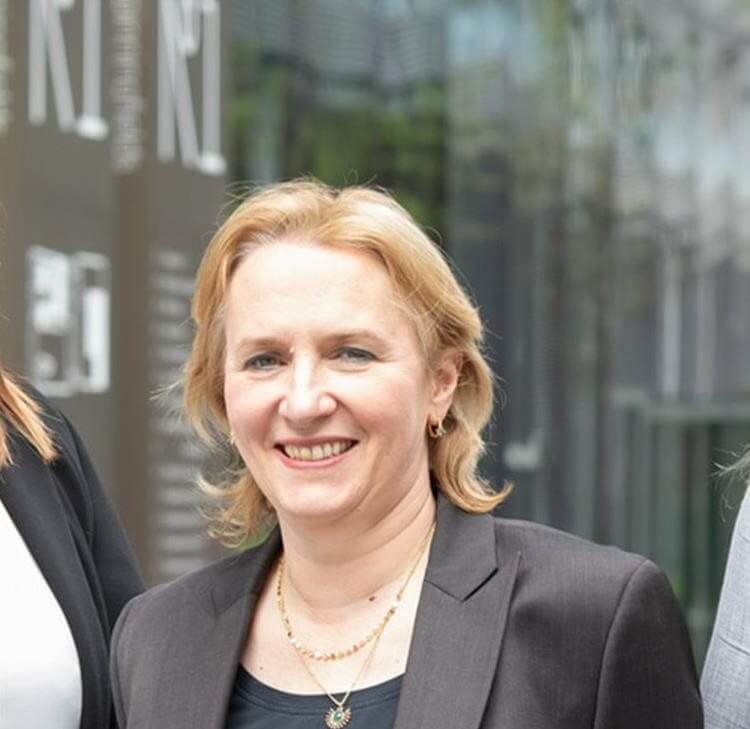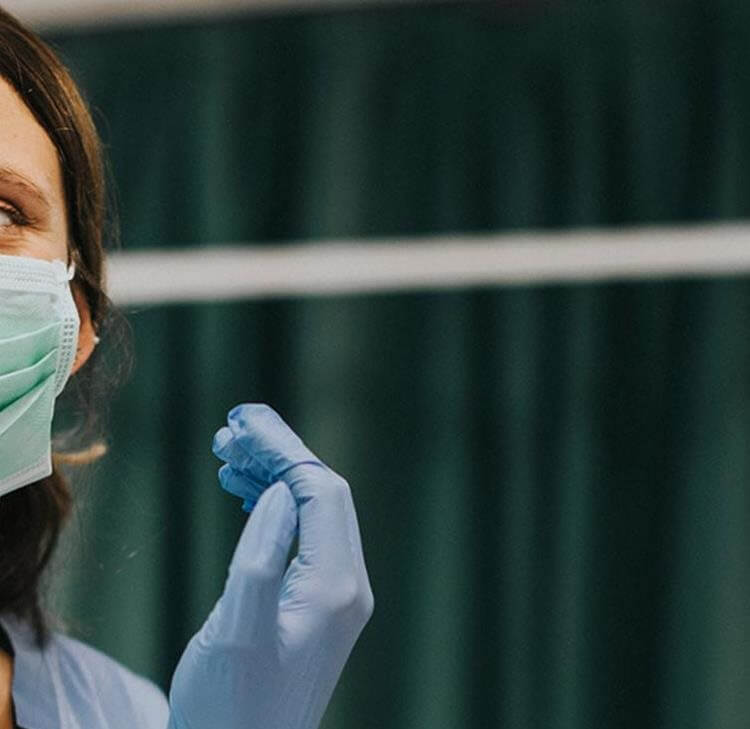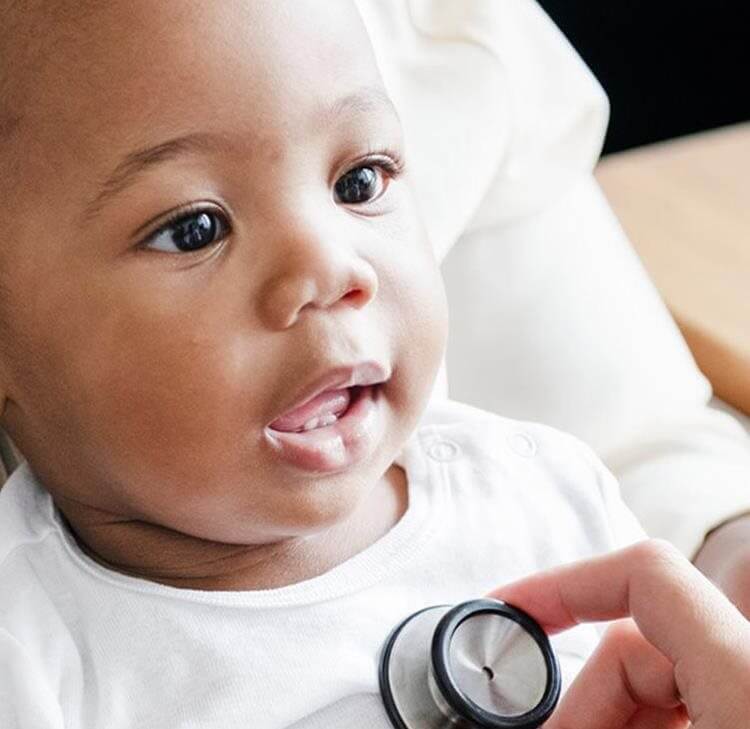The theme for this year’s World Health Organisation’s (WHO) World Patient Safety Day on 17 September 2024 is ‘improving diagnosis for patient safety’, with the slogan “Get it right, make it safe!”.
The complexity of diagnosis
Obtaining an accurate and timely diagnosis is the key first step to enable a patient to access the care and treatment they need as early as possible. However, it can be a complex and sometimes lengthy process and like all areas of healthcare, errors can and do occur, often with significant consequences - the WHO estimates that diagnostic errors contribute to 16% of avoidable patient harm.
In the context of clinical negligence, we see claims relating to alleged failures and delays in diagnosis across all healthcare settings. We support NHS Resolution and NHS Trust clients, as well as independent providers, healthcare professionals and their insurers and indemnity organisations, to achieve fair resolution of these claims as quickly as possible whilst also helping to identify and share the learning to prevent future harm. Indeed, the learning often highlights the complexity of the systems-based issues and human factors which may be involved, including the availability of working equipment and other resources, the effectiveness of technology and IT systems and the effectiveness of communication between staff across clinical teams and with patients and families.
Key campaign messages
To help raise awareness about the complexity of the diagnostic process, the WHO has set out four key campaign messages for this year’s World Patient Safety Day:
1. Correct and timely diagnosis is the first step to preventative interventions and effective treatment
Diagnostic errors can include missed, incorrect delayed or miscommunicated diagnoses. They can worsen patient outcomes and at times lead to prolonged or severe illness, disability, or even death and increased health care costs.
2. Understanding the diagnostic process is key to reducing errors
The diagnostic process involves many iterative steps, including the patient’s initial presentation; history taking and examination; diagnostic testing, discussion and communication of results; collaboration and coordination; final diagnosis and treatment plan; follow-up and re-evaluation. Error can occur at any stage.
3. A range of solutions are available to address diagnostic errors
Solutions might include the provision of quality diagnostic tools, initiatives to foster positive workplace environments and training for clinical staff to develop their sills and address unconscious bias in judgment.
4. Diagnosis is a team effort
Correct and timely diagnosis requires collaboration among patients, families, caregivers, health workers, health care leaders and policy-makers. All stakeholders must be engaged in shaping the diagnostic process and empowered to voice any concerns.
The need for person centred care
The importance of collaboration with patients and listening to patient voice is often (rightly) an area of focus for discussions about consent and shared decision making and has more recently been highlighted in the context of the implementation of Martha’s Rule.
This message also closely aligns with the work of the Patient Safety Commissioner (PSC) whose aim is to improve how patients are listened to by the healthcare system, the government, and the NHS and independent providers to place them at the heart of decision making. Indeed, the PSC has recently consulted on a set of draft Principles of Better Patient Safety to act as a guide for senior leaders in how to deliver safer care for patients and reduce avoidable harm. The draft Principles include the need to put patients at the heart of everything, with patient partnerships to be the default position at all levels of an organisation.
The final Principles of Better Patient Safety will be published on 23 October 2024 and will provide a clear framework for decision-making, planning and collaborative working, with patients as partners.
In the meantime, the messages from World Patient Safety Day 2024 are a helpful reminder of the importance of listening to, engaging with, and collaborating with patients specifically in the context of decision-making about diagnosis.
Key contacts

Amelia Newbold
Risk Management Lead
Amelia.Newbold@brownejacobson.com
+44 (0)115 908 4856






















![Contractual liability for all inclusive treatment: Bartolomucci v Circle Health Group Limited [2025]](/getattachment/95f9533b-f99c-4fcc-b8d5-3f93904b8242/shutterstock_1265400856.jpg?variant=HeroImageTabletVariantDefinition)


















